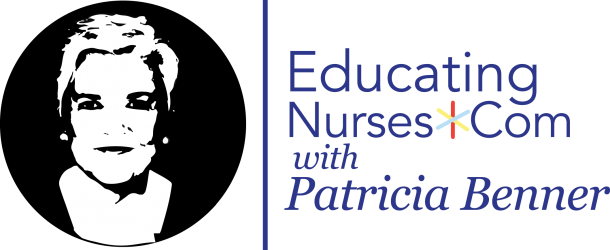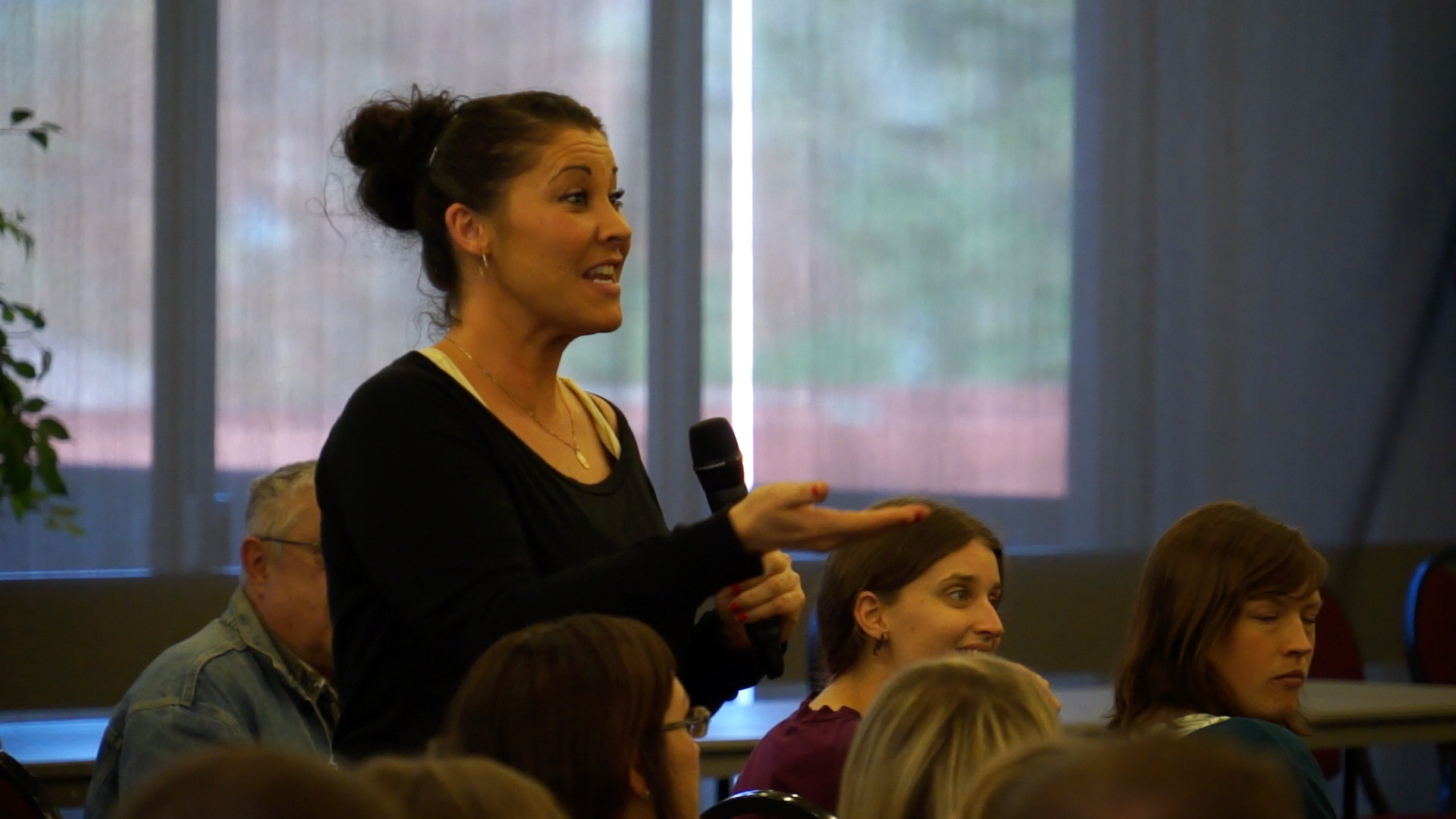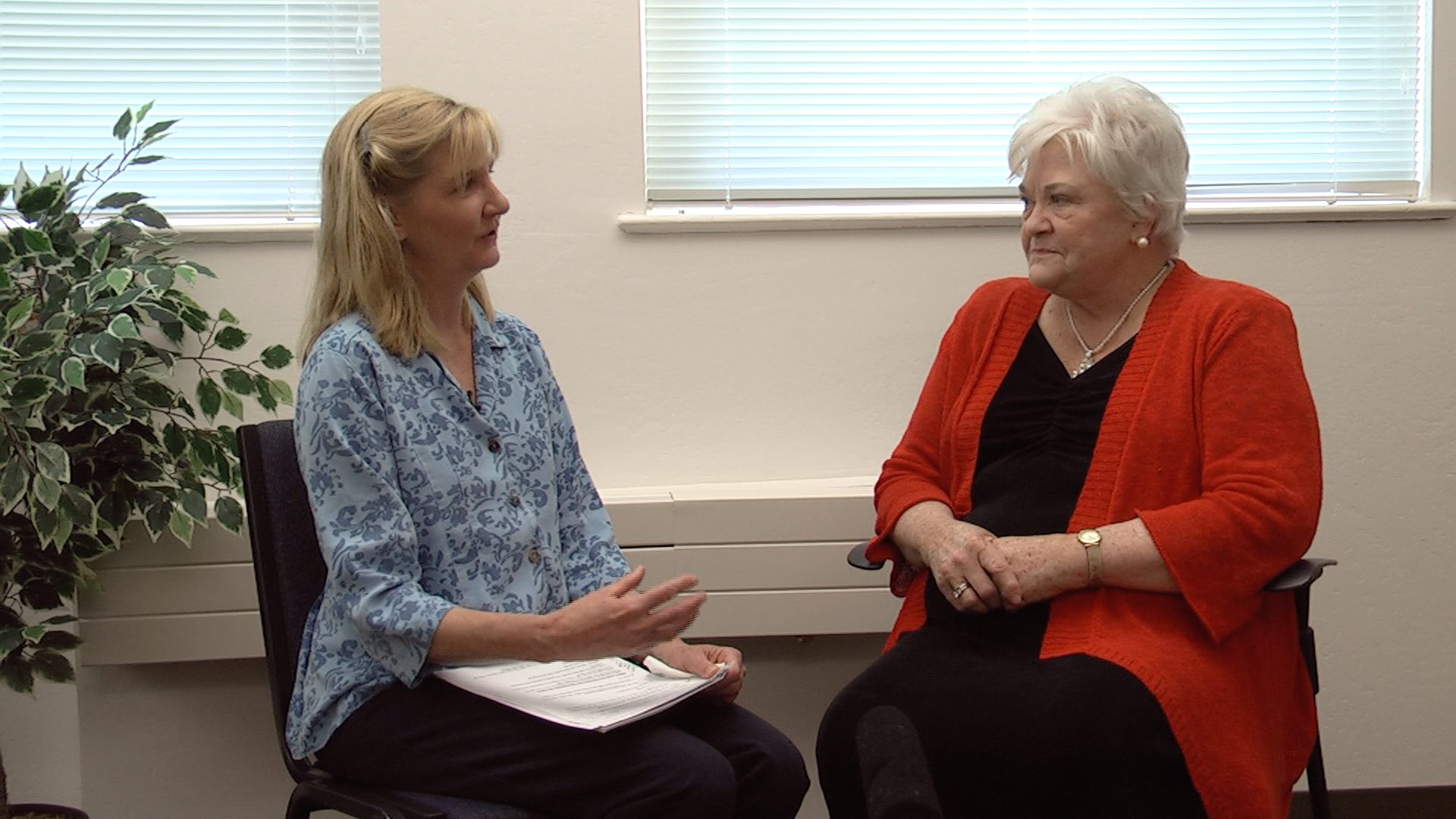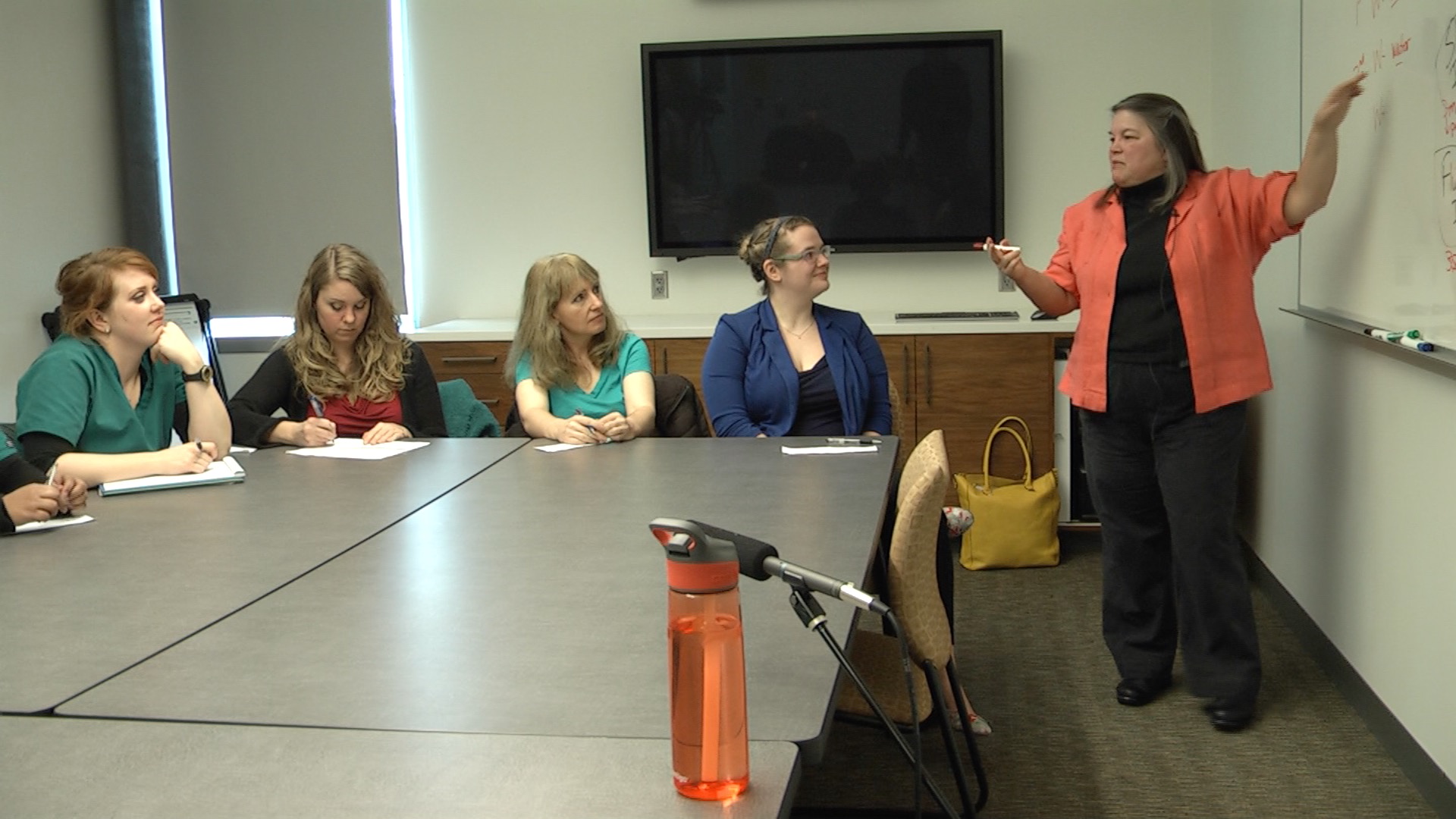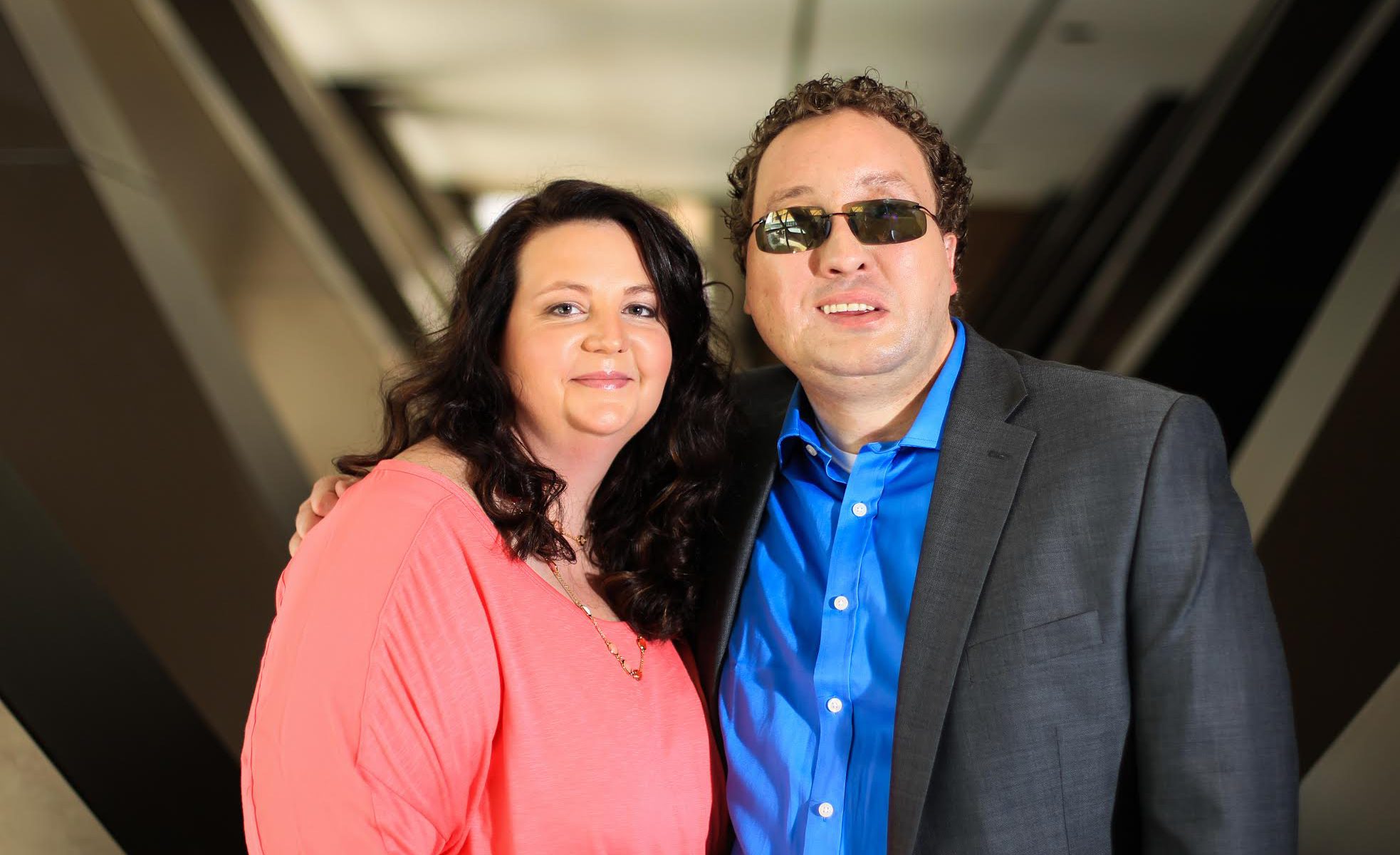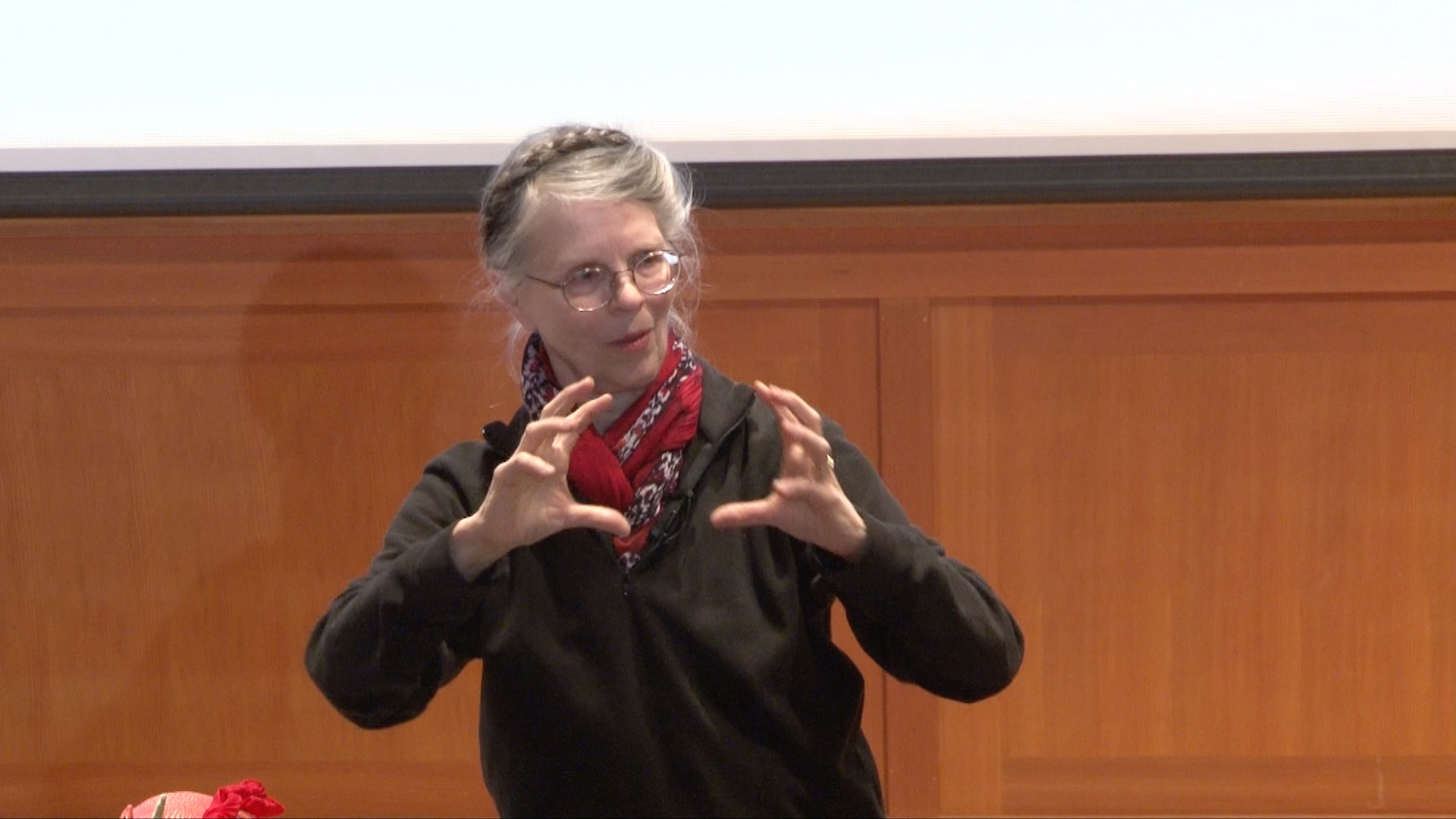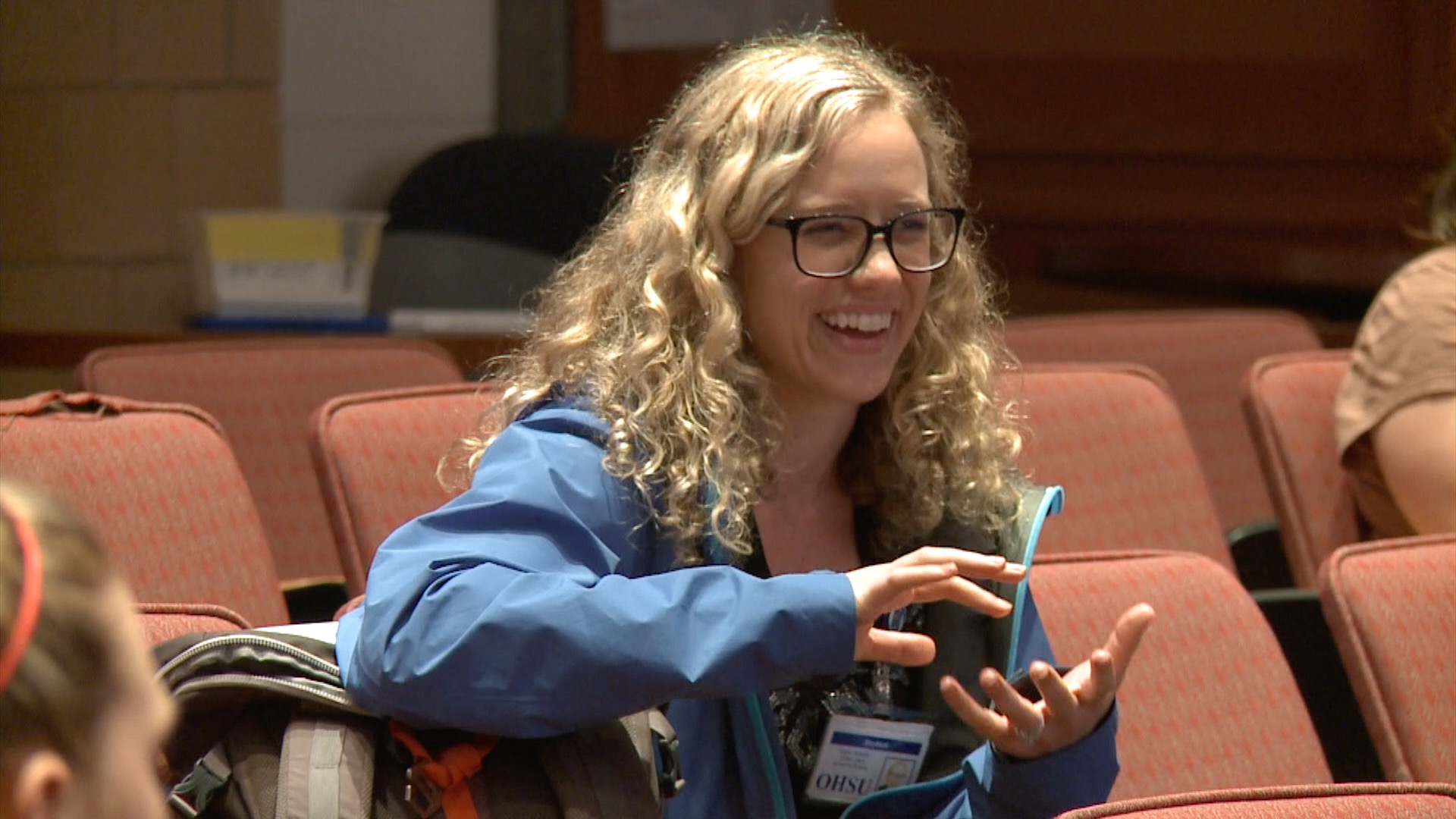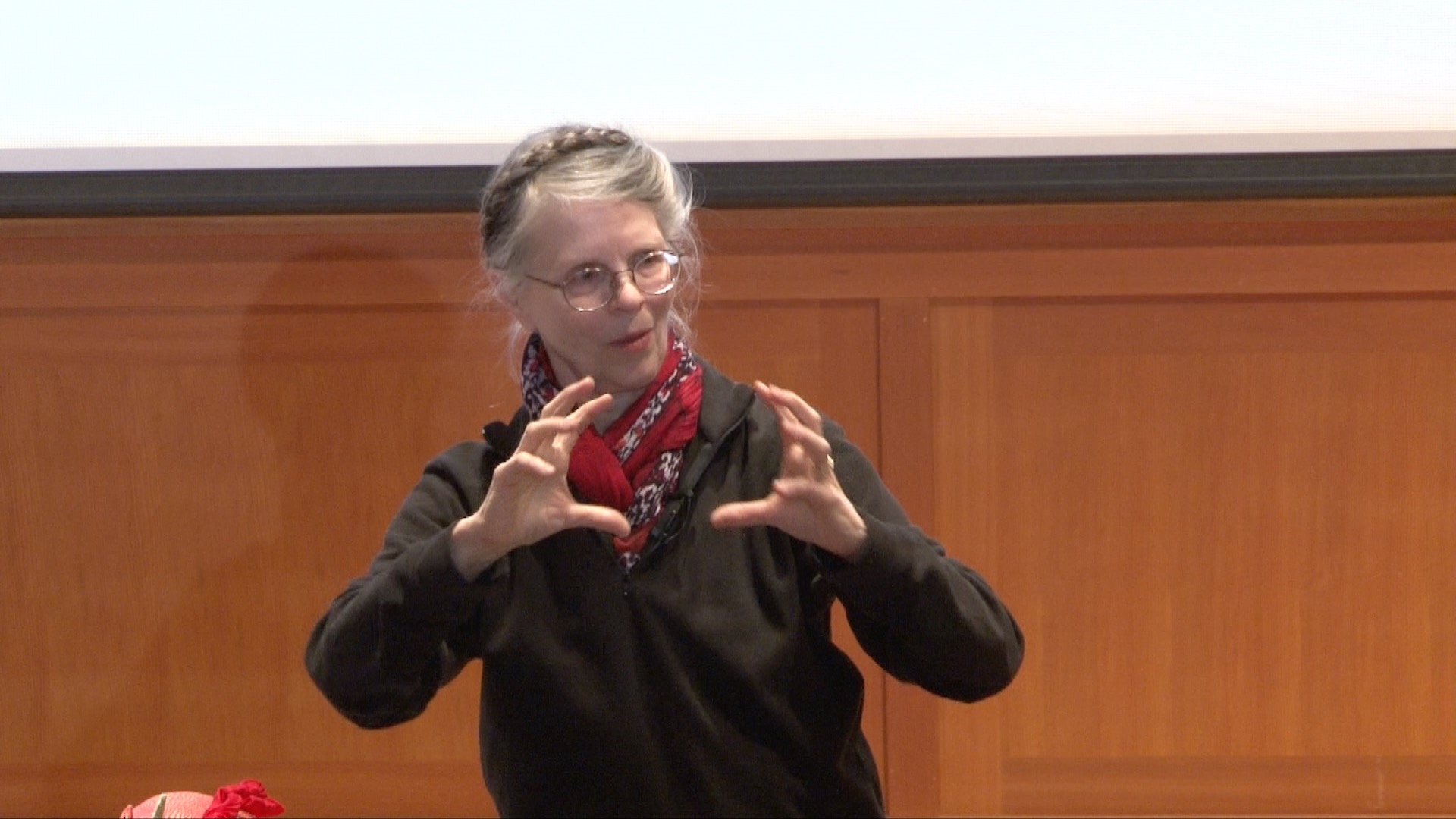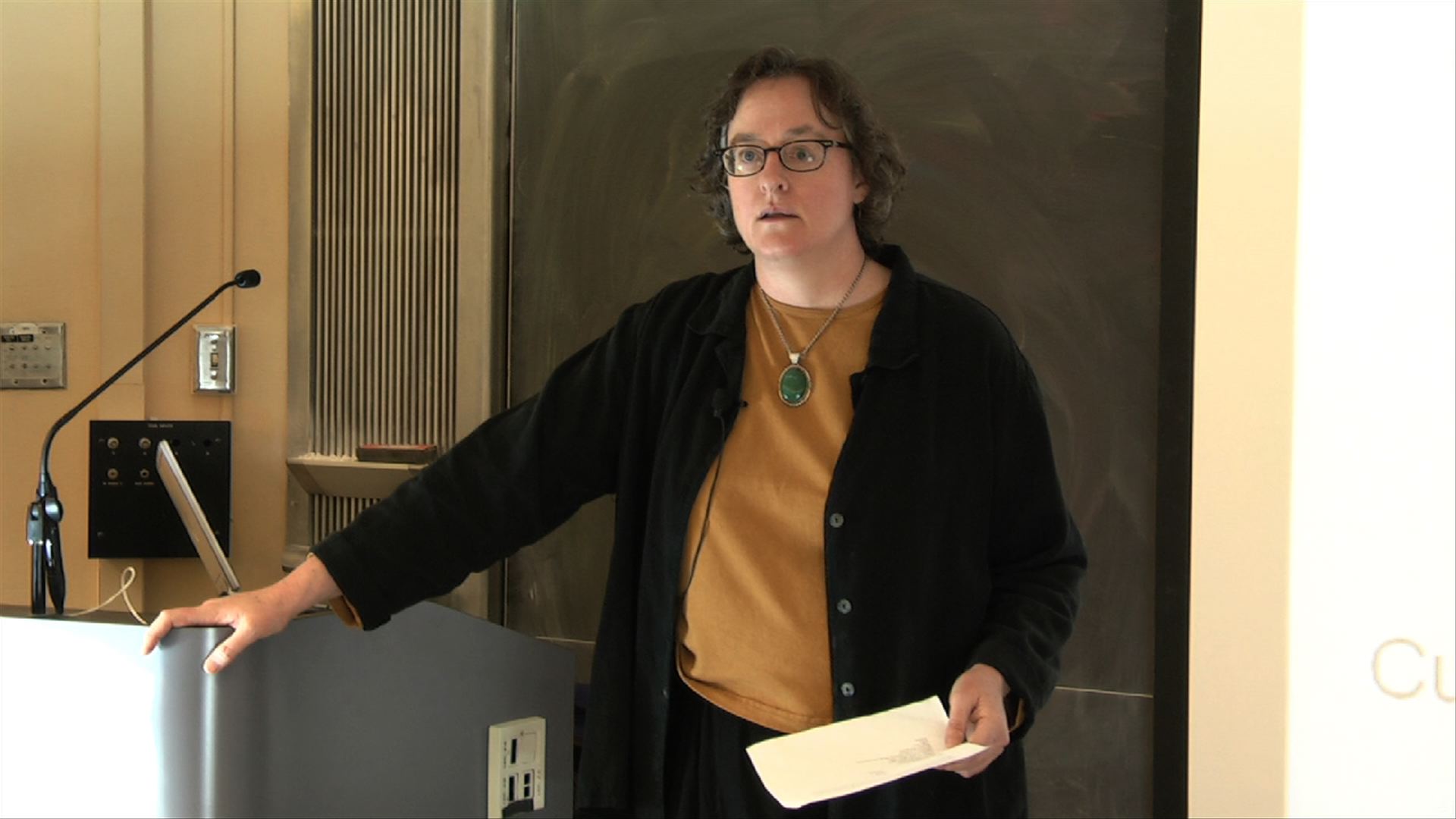Poverty Simulation Part 3: Student Debriefing
Students reflect on their experiences of poverty in the simulation. Students give examples of how they understand the impediments and limitations of living in poverty can create a sense of being overwhelmed, and even in desperation. Please not examples of increased empathy, participants gained as a result of participating in the simulation.
